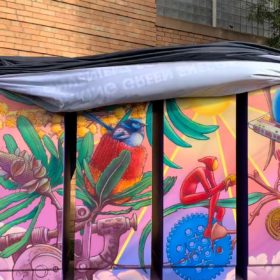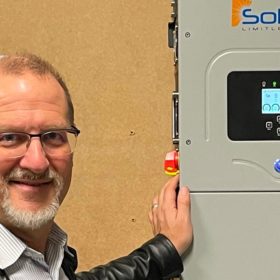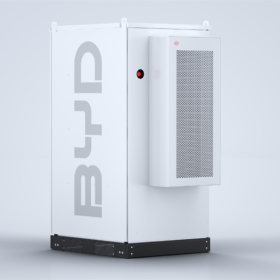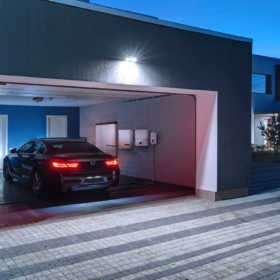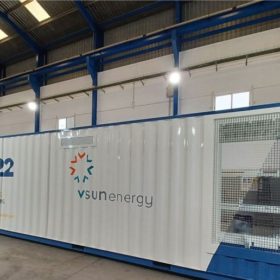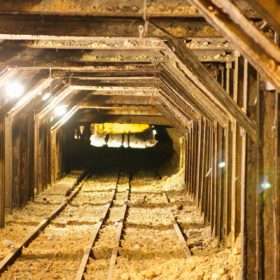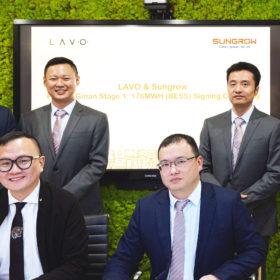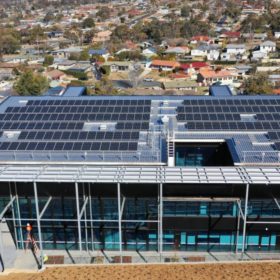Victoria boosts battery funding after ‘state first’ storage solution switched on
The Victorian government has announced a multi-million-dollar expansion of its $11 million Neighbourhood Battery Initiative after what is being described as the state’s “first inner-urban” community battery energy storage system was switched on in Melbourne’s northern suburbs.
SA scraps renewables schemes despite declaring ‘climate emergency’
Just days after declaring a climate emergency, the South Australian government has axed a renewable energy policy that was designed to help more homeowners access residential battery energy storage systems.
Redflow announces integration with US inverter company
Australian redox-flow battery specialist Redflow has upped the ante on its plans to expand into the United States market, announcing it has completed testing that will pave the way for its battery energy storage system to be used in conjunction with hybrid inverters manufactured by United States solar engineering company Sol-Ark.
BYD launches new C&I battery
Chinese battery manufacturer BYD has launched an expanded portfolio of energy storage systems designed for the commercial and industrial solar markets. At The smarter E in Munich last month the company also provided a sneak peak at a new high-voltage storage system expected to be launched later this year.
Melbourne-based 8 Star Energy set to shine in Europe
Melbourne-based 8 Star Energy has been announced as a distribution partner alongside Germany-based Memodo as world leading battery brand Energizer launches its Energizer Solar PV portfolio across Europe.
Test production starts at SolarEdge’s 2 GWh Korean battery cell fab
The inverter and battery manufacturer says its new Sella 2 factory will produce cells for its residential solar-plus-battery products as well as for other applications.
VSUN strikes deal to explore redox flow battery technology
Western Australian energy storage company VSUN Energy has inked a deal with aspiring renewables developer North Harbour Clean Energy which will see the two companies collaborate on the development and installation of vanadium redox flow battery projects and vanadium electrolyte supply.
Mine shaft gravity storage startup completes capital raise as it preps for demonstration
Green Gravity, a startup proposing to use old mine shafts for gravitational energy storage, has raised $1.4 million in its first formal capital raise. The company, headed up by former BHP executive Mark Swinnerton, is now finalising its concept engineering in preparation for its demonstration plant. “I think we’re going to get the ‘and’ here,” Swinnerton told pv magazine Australia, referring to the technology’s potential to provide low cost firming (and more) by using yesterday’s infrastructure to solve today’s problem.
Sungrow’s new battery to be deployed in 16 mid-scale Victorian solar farms from Lavo
Chinese inverter brand Sungrow has signed a 79 MW inverter and 176 MWh battery energy storage contract with Sydney-based hydrogen battery company Lavo. The contract will see Sungrow add its storage solution to 16 mid-scale solar farms in Victoria.
Virtual power plant technology on trial in NSW schools
The New South Wales government has announced plans to use part of an estimated eight million square metres of public school roof space to install rooftop solar PV as it seeks to test the most effective ways to generate, store and export renewable energy into the state’s electricity grid.
